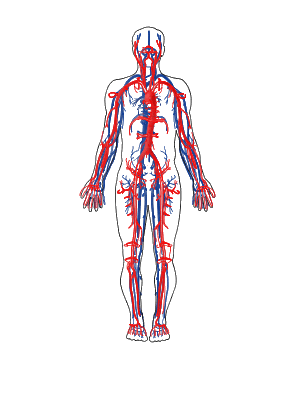
Click on flags to change language
Clica nas bandeiras para mudar o idioma
Alcohol - a target of myths and (a few) truths
True or false? Check below the top 10 myths and truths about alcohol!

1. Taking food before consuming alcohol helps to slow alcohol's effects. effects.

2. Sweet drinks make alcohol "up" faster.

4. Heavier people feel less influence of alcohol.

3. Age doesn't matter. What matters is how much you drink.

5. Women are less resistant to alcohol than men.

6. During pregnancy, little drinking does not cause harm to baby.

7. Everyone digests alcoholic beverages in the same way.

8. Beer and wine do not cause "hangover" because they are weak.
10. Alcohol warms up.


9. Alcoholic beverages cure depression.
Truth. The food intake causes the absorption of alcohol in the body might be slower. This is because, by eating food, the drink stays longer in the stomach, a place that absorbs alcohol more slowly.
Truth. The addition of sugar into alcoholic beverages accelerates a little the absorption of the product into the bloodstream.
False. Despite the amount be a crucial element for responsible consumption, age is too. In the case of young people, they may be more vulnerable to the effects of alcoholic drinks, mainly by decreasing the ability of moderation, but also because the body is not biologically prepared to "receive" alcoholic beverages.
Truth. In general, the higher the weight of a person, the greater the volume of total body water. Therefore, if two people drink the same amount of alcohol, the one with the least weight is likely to be affected by alcohol than with less weight.
Partially true. There are several reasons that make women feel the effects more easily, but the question should be seen in each case. In general, women have a lower percentage of body water and have the production of the enzyme responsible for breaking down alcohol (ADH) lower.
False. During pregnancy, there is no safe limit. Drinking during pregnancy can cause damage to the health of the baby, such as low weight and central nervous system dysfunction.
False. Some individuals, especially Asians have a high sensitivity to alcohol by having the enzyme aldehyde dehydrogenase (ALDH) less efficient. In these people, the reactions to alcohol - even small amounts - can be severe and cause redness in the face, nausea and dizziness.
False. There isn't a way for ethanol to cause less effect. Hangovers are an effect of common short-term caused by excessive consumption and have symptoms such as headaches, nausea, dry mouth and increased light sensitivity.
False. The disease may encourage the person to drink, but will not solve the problem. In this case, it is very important to consult a physician or other medical service.
False. In fact, the alcohol is a peripheral vasodilator, in other words, increases the flow of blood to the periphery of the body, the hands, the feet, the face and across the skin in general. Alcohol contradicts the security measures of our body, taking warm blood to the extremities - which results in such a warm feeling, but can also result in death from hypothermia!

